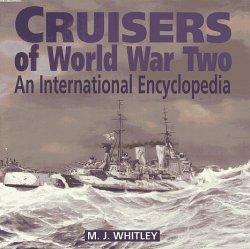Be it enacted, by the Senate and House of Representatives of the United States of America in Congress assembled, that an embargo be, and hereby is laid on all ships and vessels in the ports and places within the limits or jurisdiction of the United States, cleared or not cleared, bound to any foreign port or place; and that no clearance be furnished to any ship or vessel bound to such foreign port or place, except vessels under the immediate direction of the President of the United States; and that the President be authorized to give such instructions to the officers of the revenue, and of the navy and revenue cutters of the United States, as shall appear best adapted for carrying the same into full effect; provided, that nothing herein contained shall be construed to prevent the departure of any foreign ship or vessel, either in ballast or with the goods, wares, and merchandise on board of such foreign ship or vessel. . . .
Section 2. And be it further enacted, that during the continuance of this act, no registered or sea letter vessel, having on board goods, wares, and merchandise, shall be allowed to depart from one port of the United States to any other within the same, unless the master, owner, consignee, or factor of such vessel shall first give bond, with one or more sureties to the collector of the district from which she is bound to depart, in a sum of double the value of the vessel and cargo, that the said goods, wares, or merchandise shall be re-landed in some port of the United States, dangers of the seas excepted, which bond, and also a certificate from the collector where the same may be re-landed, shall by the collector respectively be transmitted to the secretary of the treasury. All armed vessels possessing public commissions from any foreign power are not to be considered as liable to the embargo laid by this act.




 World History
World History









